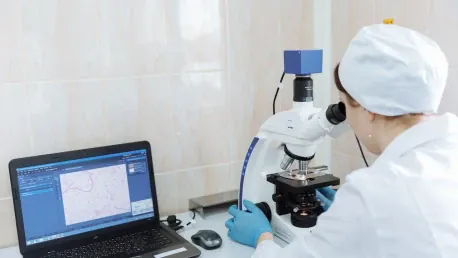The University of Texas MD Anderson Cancer Center has unveiled its ambitious new initiative, the Institute for Cell Therapy Discovery & Innovation, fueled by an impressive initial funding of over $80 million. This pioneering institute aims to revolutionize the realms of immunology and cell engineering by spearheading groundbreaking research and clinical trials. The primary focus is on developing innovative treatments for a wide array of conditions, including cancer, autoimmune diseases, and infections. With ongoing efforts to raise an additional $70 million to reach a target of $150 million, the center is poised to collaborate extensively with external researchers, biotech companies, and pharmaceutical firms to accelerate the development of these cutting-edge therapies.
Leading this groundbreaking effort is Katy Rezvani, M.D., Ph.D., a renowned expert whose team has already made significant strides in the field. Notably, her team has successfully advanced cord-blood-derived CD19 CAR natural killer (NK) cell therapies into clinical trials targeting lymphoid malignancies, reinforcing MD Anderson’s position as a vanguard institution in cell therapy. While the focus of the new institute is predominantly on cancer, there is an equally compelling commitment to exploring the therapeutic potentials for autoimmune diseases and rare, difficult-to-treat infections. This broad scope underscores the institute’s mission to create off-the-shelf treatment options that can significantly reduce hospital stays and associated healthcare costs.
The establishment of the Institute for Cell Therapy Discovery & Innovation marks a significant milestone in the quest for novel medical solutions. By leveraging state-of-the-art research capabilities and fostering collaboration across the scientific and medical communities, MD Anderson is set to pioneer a new era in cell therapy. The ultimate vision is to transform research breakthroughs into viable clinical applications, offering hope and healing to countless patients worldwide. While the path ahead is challenging, the institute’s unwavering dedication to innovation holds immense promise for the future of medicine.









